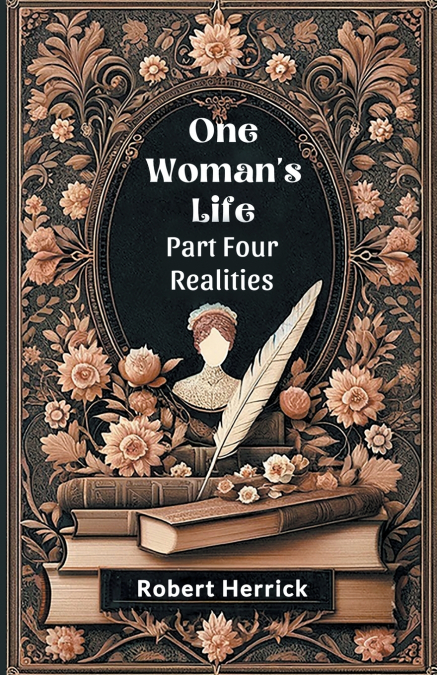
 Librería Perelló (Valencia)
Librería Perelló (Valencia)
 Librería Aciertas (Toledo)
Librería Aciertas (Toledo)
 El AlmaZen del Alquimista (Sevilla)
El AlmaZen del Alquimista (Sevilla)
 Librería Elías (Asturias)
Librería Elías (Asturias)
 Librería Kolima (Madrid)
Librería Kolima (Madrid)
 Donde los libros
Donde los libros
 Librería Proteo (Málaga)
Librería Proteo (Málaga)
'One Woman’s Life' Part fourth, penned by Robert Herrick and published in 1913, delves deeper into the life of Mary Wakefield, the resilient protagonist navigating a changing world at the turn of the 20th century. At its core, the novel explores Mary’s personal growth and evolving relationships within her family and society. Mary Wakefield, now more mature and experienced, grapples with complex family dynamics and the challenges of her time. Set against a backdrop of significant social change, the novel vividly portrays the shifting landscapes of early 20th-century America. Mary’s journey is marked by her pursuit of personal fulfillment, navigating romantic relationships, and striving to carve out her identity in a world undergoing rapid transformation. Throughout the narrative, Herrick weaves themes of ambition and career aspirations into Mary’s story, highlighting her determination to succeed against societal expectations. The novel intricately explores conflicts that arise, both internal and external, and depicts how Mary confronts and resolves these challenges with resilience and grace. Rich in detailed settings that evoke the essence of each era depicted, 'One Woman’s Life' Part Two immerses readers in a world where personal desires clash with societal norms, offering a poignant reflection on love, ambition, and the pursuit of happiness in a rapidly evolving society.